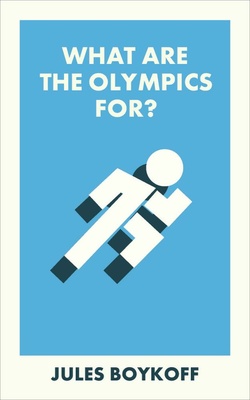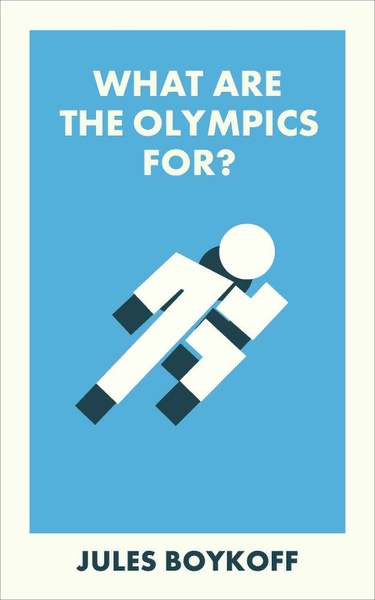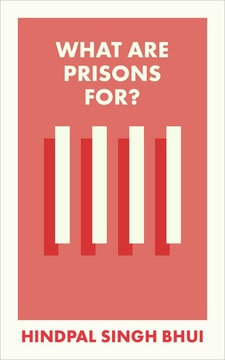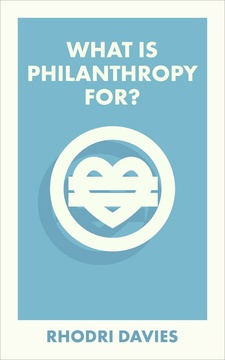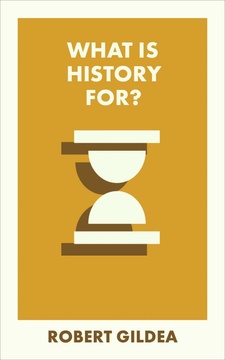What Are the Olympics For?
By Jules Boykoff
ISBN
978-1529230284Dimensions
203 x 127 mmImprint
Bristol University PressISBN
978-1529230291Dimensions
203 x 127 mmImprint
Bristol University PressISBN
978-1529230291Dimensions
203 x 127 mmImprint
Bristol University Press‘Athletes first’ is a slogan the International Olympic Committee often touts, but the reality is very different, as pre-eminent Olympics expert Jules Boykoff shows in this book. While the world’s attention is riveted by the triumphs and tribulations on their screens, there is much that goes on behind the scenes that is deeply troubling: athletes are increasingly voicing concerns over physical, mental, and sexual abuse, and they are collectively expressing grievances around equity and human rights.
Outside the stadiums, problems range from the democratic deficit and corruption surrounding the awarding of the Games, to displacement of people and gentrification of neighbourhoods to make way for Olympic venues, to the environmental damage that Olympic construction inflicts and then tries to greenwash away.
Boykoff tells us that radical steps are required if the Games are to be fixed and only then will they be truly ‘athletes first’.
“Jules Boykoff has a deep understanding of how the Olympic Movement operates behind the scenes and, equally important, as a former athlete, he understands the immediate need for enhanced rights for athletes.” Rob Koehler, Global Athlete
“Boykoff succinctly holds a magnifying glass to the structures of power entrenched in the Olympics while also holding space for communities continually left out of its iconic five rings.” Courtney M. Cox, University of Oregon
"Invaluable in exposing the longstanding problems with the Olympics, the persisting erosion of leadership in the Olympic Movement, and the consequences and impact for all involved." Harry Edwards, Professor Emeritus, University of California, Berkeley and Olympic Project for Human Rights
"Across the globe, people are demanding, 'NOlympics Anywhere'. Boykoff's thorough research helps us understand why. A must-read for sport fans who care about justice." Satoko Itani, Kansai University
“Compelling, infuriating, and heartening all at once. Boykoff strikes the perfect balance between searing criticism of Olympic corruption and the celebration of athletes’ achievements. It's a generative book that suggests paths towards fulfilling the tournament's loftiest promises.” Brenda Elsey, Hofstra University
"A vital read for all athletes, coaches, and others involved in the Olympic Movement who believe it must be more of a force for good in the world." Laurence Halsted, Olympian (2012 & 2016), The True Athlete Project
"There is no more incisive critic of the Olympic monolith than Boykoff. He gifts to a generation of sport scholars an understanding of the world that surrounds the Games in his incredible catalogue of writings. What Are the Olympics For? takes apart the Olympics’ pomposity, the artifice and the hard truths." Dave Zirin, Sports Editor, The Nation
“A brilliant, timely, and erudite debunking of the myths of Olympism. Boykoff provides us with a blueprint for what a radically reimagined and more democratic Olympic Games might look like.” Ben Carrington, University of Southern California
Jules Boykoff is a professor of politics and government at Pacific University in Forest Grove, Oregon. His writing on the connection between politics and sport have appeared in the New York Times, the Guardian, the Nation, the Los Angeles Times and New Left Review. He is also a former professional soccer player who represented the US U-23 men’s national team in international competition.
Introduction
1. How Do the Olympics Work Today?
2. A Brief Political History of the Olympics
3. Problems with the Olympics
4. Can the Olympics Be Fixed?







